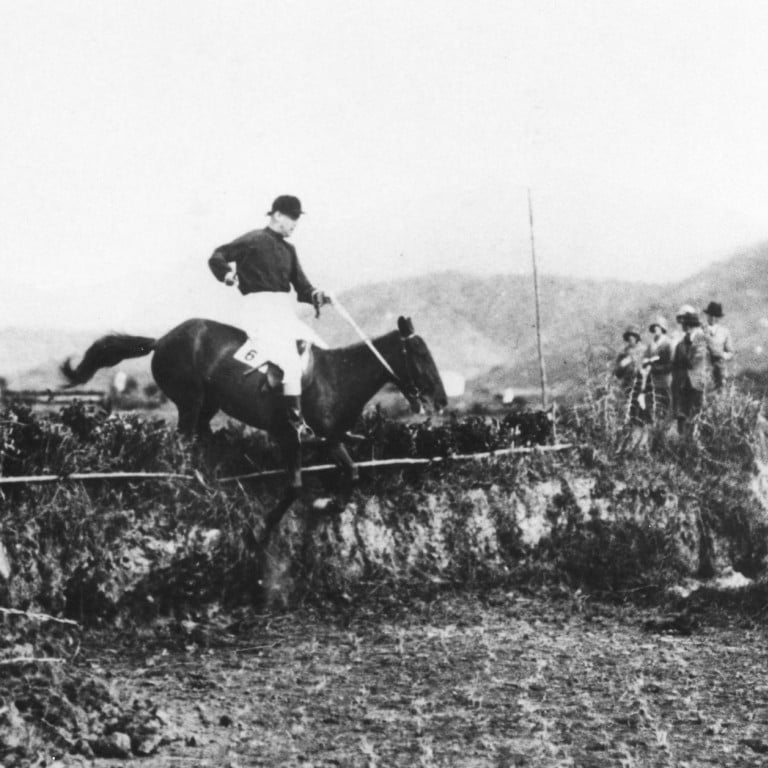
Why did Hong Kong expats retire young? To fill up cemetery in Happy Valley
While many Europeans shared little in common with native Hongkongers while alive, they were buried in the same city soil when they died, writes Jason Wordie
“How long have you lived here?” is one of the first questions newcomers to Hong Kong ask of longestablished expatriate inhabitants.
All over the world, length of residence remains a status marker in such societies. “Old hands” are assumed to possess a degree of local knowledge, experience and understanding denied to the relative newcomer, as, in theory, should be the case. This assumption, however, remains, even if the “old resident” – who may have lived in Hong Kong their entire life – has clearly inhabited a sheltered, privileged bubble profoundly unconnected with the broader host society.
All too often, the converse is true; in many aspects, Hong Kong is a curious inversion of the norms found in other settler societies.

The longer a Westerner has lived here, for example, the less likely they are to have acquired the Chinese language (unless they were employed as a policeman, a missionary or some other type of professional required to do so), the more generally superficial their observations about the place, the greater the likelihood of broad-brush pronouncements about the culture (“The Chinese always …”). And the less likely they are to have kept up, and changed in accordance, with the prevailing intellectual, cultural and social developments in their home countries.
Happy Valley’s Colonial Cemetery has a precinct known as the Old Residents Section.
Although the graveyard opened in 1845, this particular corner was created in the late 1880s and was full by around 1910. To be buried there, the deceased needed to have been ordinarily resident in the colony for at least 23 years. While this section contains the graves of about 150 old-timers, the rest of the cemetery contains numerous graves of people aged from their late 50s onwards.
Until recent years, the retirement age for Europeans working in Hong Kong was generally capped at 55. This was done on actuarial grounds; after 30-odd years in a tropical climate, with infrequent temperate leaves and probably a few health-sapping bouts of dysentery, dengue, malaria or other tropical diseases, an individual’s lifespan was significantly reduced. “Early” retirement was given because the likelihood of Far Eastern pensioners living much beyond their mid-60s had been sharply diminished.
That so many people around this age lie buried in Happy Valley clearly indicates that many expatriates chose to retire in the place where they had spent their entire working lives. This was especially likely if their children – probably born and raised in Hong Kong – lived and worked here, too. Why spend one’s declining years in a cold climate on the other side of the world from one’s immediate family, among relatives who had become strangers with the passage of time?
Far better to stay on and enjoy abundant domestic help, long-term friendships and every conceivable facility close by.
That numerous Europeans retired in Hong Kong – as many still do – speaks volumes about residential continuity within apparent transience. While “home” may have been elsewhere, these people ultimately chose to make their most permanent of all homes – their place of burial – on the China coast.
For more on Hong Kong history and heritage, go to scmp.com/topics/old-hong-kong

